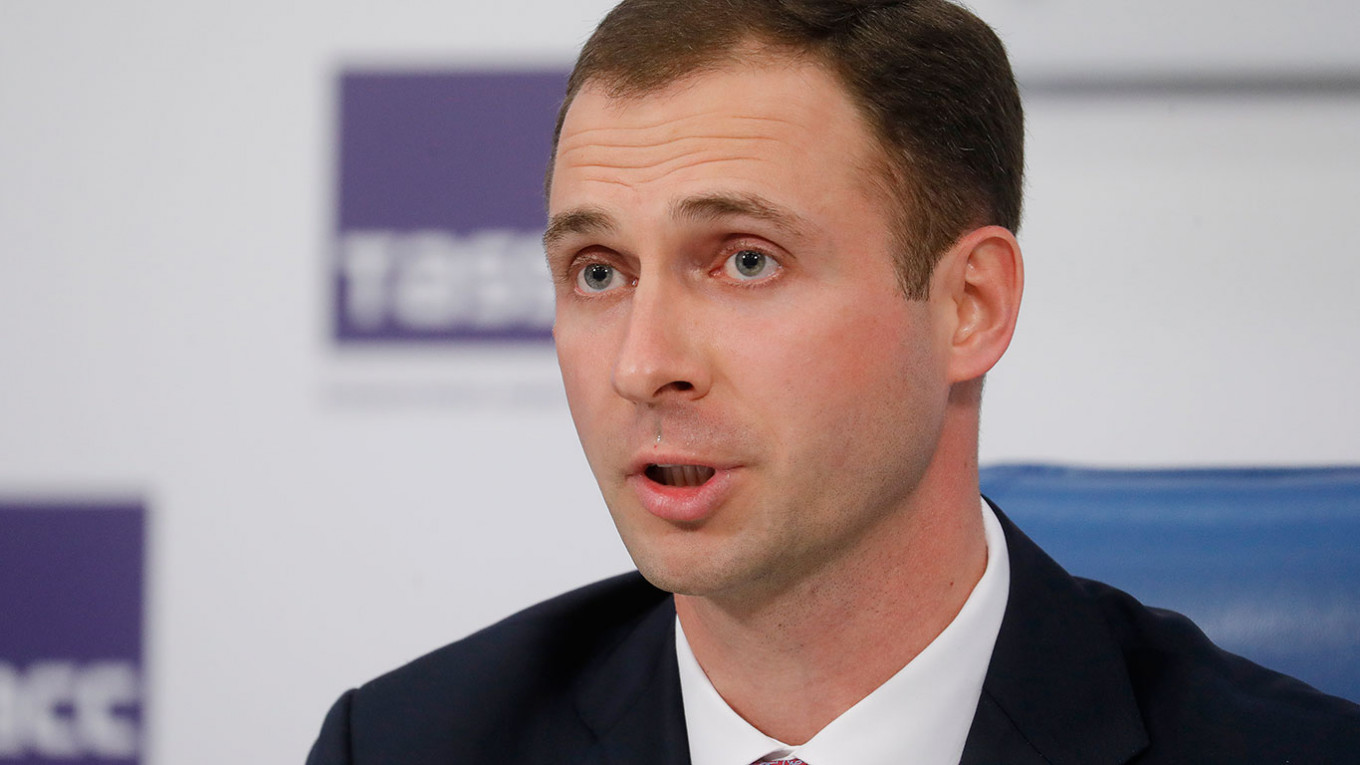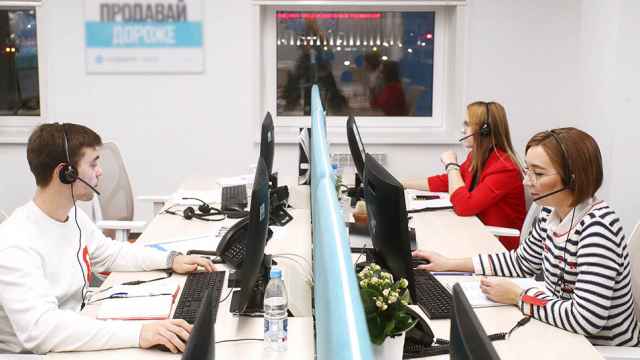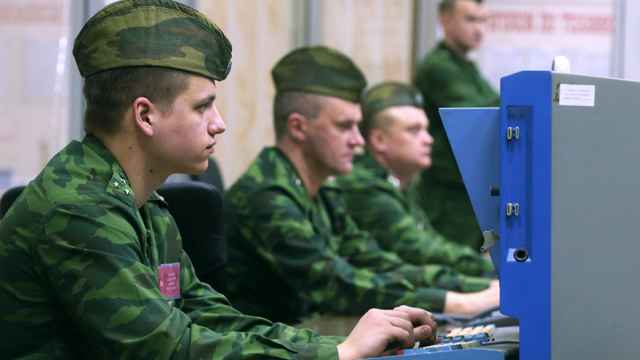Russia’s top social media platform, VKontakte, has appointed the son of an influential Kremlin insider as its new chief executive, the company announced Monday.
Vladimir Kiriyenko —whose father Sergei Kiriyenko is first deputy chief of staff in the Presidential Administration — will become the CEO of VK Group, which controls VKontakte and a number of other internet businesses, “effective immediately.”
The move follows a controversial takeover of VK by companies affiliated with state-owned gas giant Gazprom, in what commentators said was a sign of the Kremlin tightening its grip over the important social media network.
VKontakte, often dubbed “Russia’s Facebook,” is Russia’s most popular social media platform, with almost 100 million monthly users.
Vladimir Kiriyenko was formerly vice president at Rostelecom, a state-run telecommunications firm. His father, Sergei Kiriyenko, is one of the most influential figures in Russian politics — a former prime minister who now has sweeping authority and control over the country’s domestic policy. He has been under EU and U.K. sanctions since 2020 over the poisoning of Kremlin critic Alexei Navalny last year, and oversaw last year’s constitutional reform referendum which provided the legal basis for President Vladimir Putin to potentially stay in power until 2036.
“I am excited to be joining VK as its CEO,” Vladimir Kiriyenko said in a statement Monday.
“The company will continue to unlock new markets and test new products as we focus on expanding our reach and user engagement. The company has a powerful platform for further growth, and realizing its full potential as a business, as an employer and a public company is a challenge I am very much looking forward to.”
His appointment was approved unanimously by VK’s board and he will take office immediately, VK said Monday.
Shares in VK have tumbled since the new ownership structure took hold and lurched lower again Monday with the announcement of Kiriyenko’s appointment. The stock price slipped 5% in trading in Moscow to take combined losses over the last two weeks to 30% — or $1.4 billion in lost market capitalization.
Even before last week’s takeover, the social network had been seen as close to the Russian government and critics accused the company of readily sharing user data with Russia’s security services. It was founded by Russian entrepreneur Pavel Durov, who sold it in 2014, citing pressure from the FSB.
The deal follows years of the Kremlin gradually seeking to increase control over the Russian internet, which had remained a relatively free space even as traditional media outlets fell under the control of the state or oligarchs seen as close to Putin.
A Message from The Moscow Times:
Dear readers,
We are facing unprecedented challenges. Russia's Prosecutor General's Office has designated The Moscow Times as an "undesirable" organization, criminalizing our work and putting our staff at risk of prosecution. This follows our earlier unjust labeling as a "foreign agent."
These actions are direct attempts to silence independent journalism in Russia. The authorities claim our work "discredits the decisions of the Russian leadership." We see things differently: we strive to provide accurate, unbiased reporting on Russia.
We, the journalists of The Moscow Times, refuse to be silenced. But to continue our work, we need your help.
Your support, no matter how small, makes a world of difference. If you can, please support us monthly starting from just $2. It's quick to set up, and every contribution makes a significant impact.
By supporting The Moscow Times, you're defending open, independent journalism in the face of repression. Thank you for standing with us.
Remind me later.






